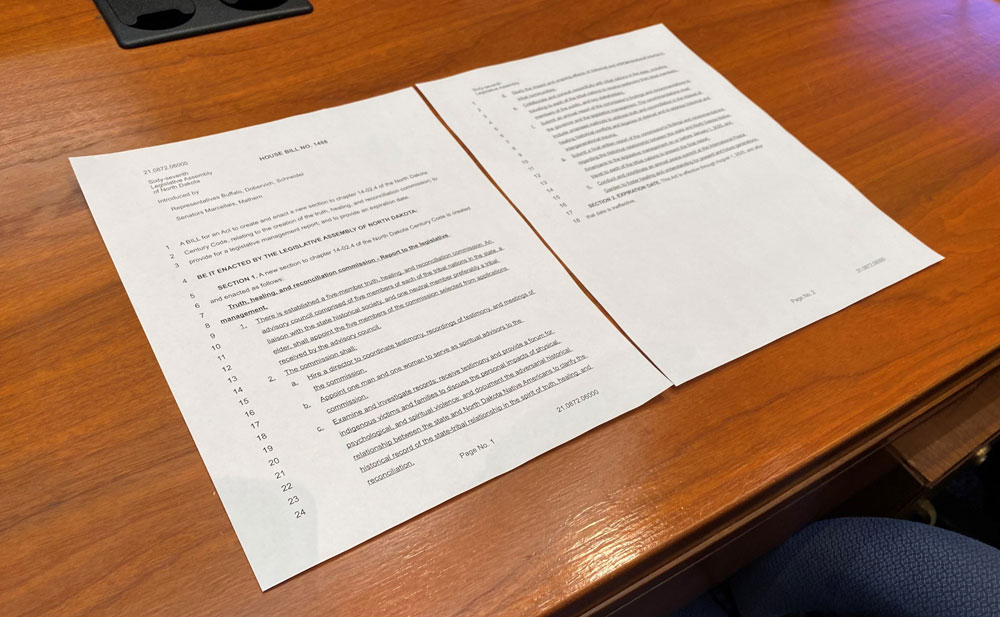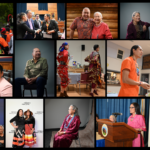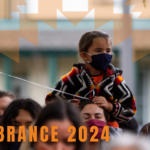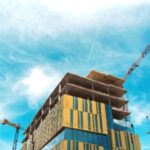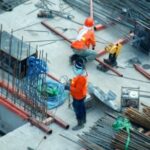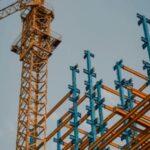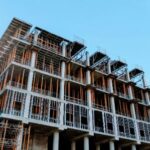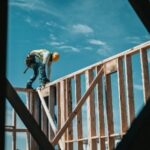 It was an honor to introduce House Bill 1488 to establish a temporary Truth, Healing, and Reconciliation Commission to the North Dakota House of Representatives last week. I am grateful to my representative and senator colleagues who partnered in the introduction of this legislation.
It was an honor to introduce House Bill 1488 to establish a temporary Truth, Healing, and Reconciliation Commission to the North Dakota House of Representatives last week. I am grateful to my representative and senator colleagues who partnered in the introduction of this legislation.
It was a bill that many of us were excited about and still believe would benefit all North Dakotans, as it seeks to share lived experiences between Native and non-Native people and promotes building and enhancing existing relationships. It was our hope that the development of such a temporary commission is not viewed as an attempt to undermine existing structures within state government, instead it would have alleviated some of the burden from state agencies. It would have allowed for state agencies to receive a full report with findings and recommendations, with a goal of fostering growth and healing.
It is a fact that many North Dakotans do not know the true history of the lands upon which we reside, nor about the original peoples of these lands. The temporary THR Commission could have served as a catalyst for educating our citizens and as a mechanism to help connect communities throughout North Dakota.
 It is also a fact that we have lost too many community members over the past year during the COVID-19 pandemic. This is in large part due to the fact that Native Americans experience health disparities in much higher numbers than other populations, such as cancer, diabetes, and heart disease. We have a very low life expectancy. The list goes on. Sadly, this is our truth, and these are indeed the facts.
It is also a fact that we have lost too many community members over the past year during the COVID-19 pandemic. This is in large part due to the fact that Native Americans experience health disparities in much higher numbers than other populations, such as cancer, diabetes, and heart disease. We have a very low life expectancy. The list goes on. Sadly, this is our truth, and these are indeed the facts.
It has been the decades and decades of poor policy that has resulted in the very poor health outcomes for Native people in North Dakota. Now is the time to do better through policy to create opportunities that improve the quality of life for everyone. But in order to get there, to have improved quality of life, and to a place of healing we must have these uncomfortable conversations. Some say, “why now?” The country is in an ideological civil war, they say. So then, why not now? Many have been patiently waiting to share with others their lived experience in hopes of building a connection.
I never got to meet my grandparents. My grandmother passed on one year before I was born and my grandpa six months after her, but their values live on through me. I remember hearing stories about my grandparents. One, about my grandpa, takes place on some country North Dakota road, just before dark, when he drove up on a family standing beside a stalled car. Grandpa stopped and helped them get their car started. The dad in the car wanted to pay grandpa for his help and tried to give my grandpa a wad of money. My grandpa just shook his head no and said, “You can repay me by remembering an Indian helped you.”
Around that same time, due to unjust and unhealthy policy, the lives of Native people and communities along the Missouri River were altered drastically. This devastating change-caused by policy-forced my grandpa to look for work off reservation and he ended up having to change his last name to a more English-sounding name to do so. He chose Buffalo. My grandma, she was known for her beautiful star quilts and bead work. She was a provider for the family too, because that’s what women do. Our story is not unique, and it is one of hardship and strength.
When they were children they were separated from their families and taken to Indian boarding schools hundreds of miles away from home. This was also the case for mother, and then also for me. Boarding school history, and its effects on our state, are another period in American history that non-Native people know so little about.
And so, it is stories like these and so many others that a Truth, Healing, and Reconciliation Commission can help bring to light, and the short stories I just shared are only mine. There are thousands of other stories just waiting to be told and that would enhance and strengthen the fabric of our state if only they could be told.
While the bill did not pass in the house last week, my colleagues and I have not lost hope. We see the opportunities and goodness that such a commission can bring, just like similar commissions have done for Nations around the world. No, such a process may not always be easy, but it will definitely be worth it. The future generations of North Dakota are worth it and deserve better.
Let’s do better and let’s do some healing together.
Ruth Anna Buffalo (Mandan Hidatsa Arikara Nation, Chiricahua Band of Apache descent)Representative, 27th District, North Dakota
Member and 1st Vice President, NABS Board of Directors
(Bio)
